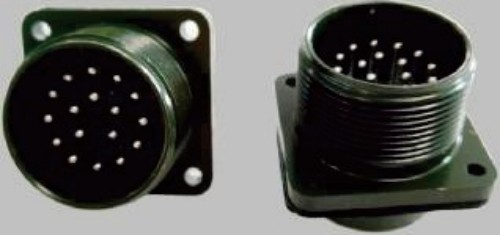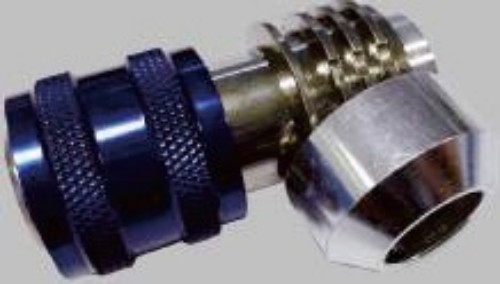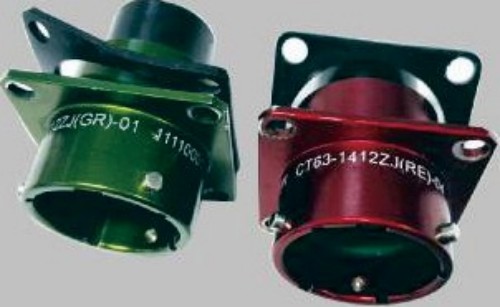<back
How Do Automotive Connectors Ensure Reliability in Harsh Driving Conditions?
In modern electric vehicles, reliability and safety are paramount, particularly when it comes to critical electrical connections. Automotive connectors play a vital role in ensuring consistent performance even in challenging driving conditions such as damp, rainy environments or high-current applications. High-quality connectors are designed to maintain secure electrical transmission, reduce risks of failure, and support the overall efficiency of the vehicle’s power system.

High-Current Transmission Capability
The automotive connectors designed for electric vehicles are suitable for high-current transmission, making them ideal for main circuits. These connectors can handle substantial electrical loads without overheating or loss of performance. Specifically, the B series connectors have a rated current of 200A, supporting 50mm² shielded wires, while the C series is rated for 300A, accommodating 70mm² shielded wires. This capability ensures that vehicles receive consistent power even under demanding operating conditions.
Secure and Error-Resistant Design
To prevent misinsertion during assembly, these connectors feature three key positions. The plug termination uses crimping for wires, while the socket employs a threaded connection for busbars. This dual approach ensures a robust mechanical and electrical connection, even in high-vibration environments typical of automotive applications. Additionally, the connectors are designed to allow reverse installation, adding flexibility during maintenance and assembly.

Protective Features for Harsh Environments
Automotive connectors must withstand exposure to moisture, dust, and other harsh conditions. With a protection grade of IP67, these connectors are fully resistant to dust ingress and can withstand temporary immersion in water. The casing is available in both shielded and unshielded forms, providing options for different electromagnetic interference (EMI) requirements. This ensures reliability in damp and rainy environments commonly encountered in real-world driving conditions.
Applications in Electric Vehicles
These connectors are widely applied in the main circuits of electric vehicles, where both high current and environmental resistance are critical. By combining secure crimp and threaded connections with robust casing designs, automotive connectors provide dependable electrical performance for essential vehicle functions, including battery management, motor control, and high-power distribution systems.

Conclusion:
Automotive connectors ensure reliability in harsh driving conditions through high-current capacity, secure and error-resistant design, and robust environmental protection. With rated currents up to 300A, IP67 protection, and flexible installation options, modern connectors provide the backbone of safe and efficient electrical systems in electric vehicles. Their combination of mechanical strength, electrical performance, and environmental resilience makes them indispensable components for the automotive industry.
















